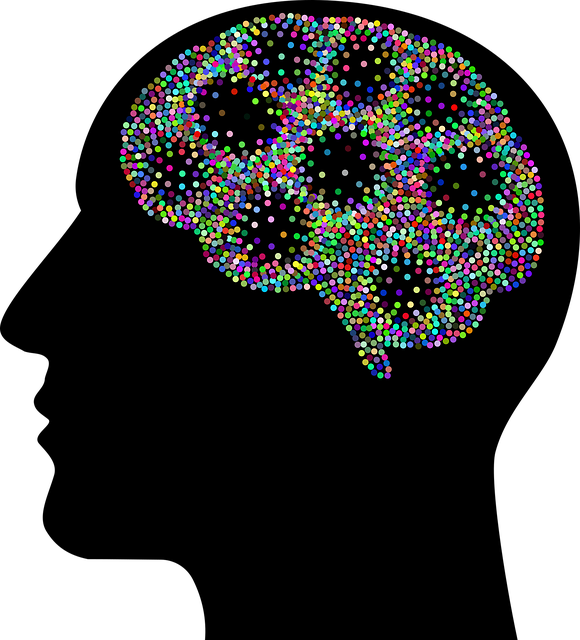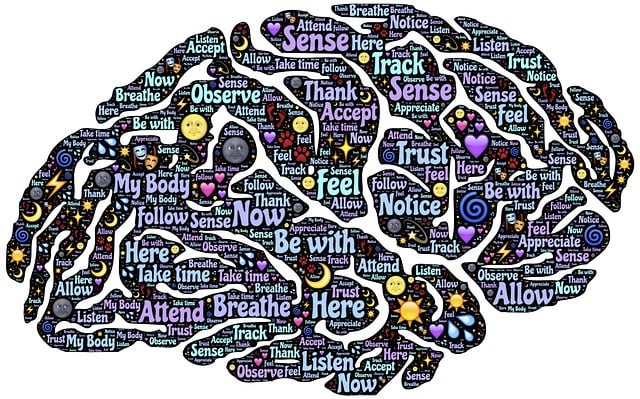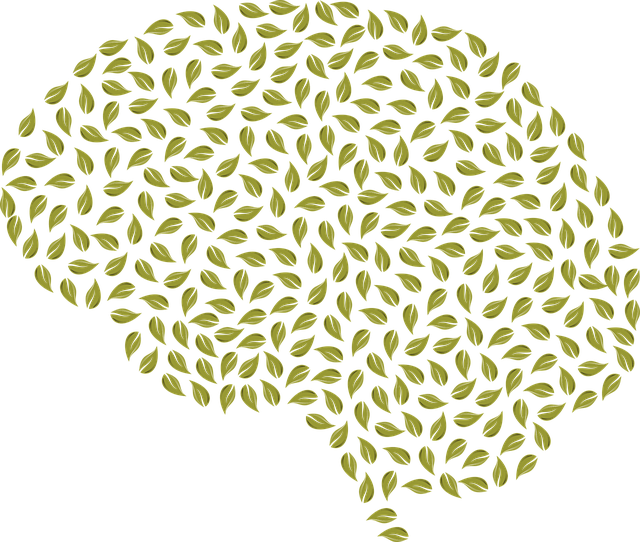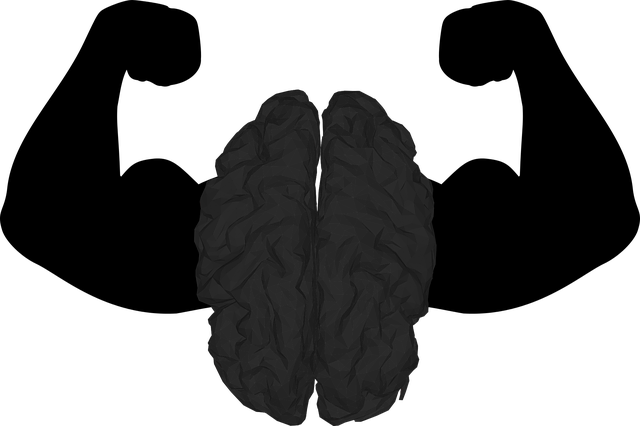Stress management is crucial for young adults with functional neurological disorders (FND), as stress-related conditions can significantly impact their lives. Effective solutions include cognitive behavioral therapy (CBT) and community outreach programs that reduce mental illness stigma. By integrating self-care routines, mindfulness practices, deep breathing exercises, and physical activity into daily lives, young adults develop tailored coping strategies to enhance mental health and emotional well-being. Professional support from therapists specializing in FND and accessible resources like Mental Wellness Podcast Series empower individuals to navigate life's challenges effectively.
Stress management techniques are essential tools for young adults, especially those dealing with functional neurological disorders. This comprehensive guide explores effective strategies to combat stress and its impact on mental health. We delve into the science behind stress, focusing on its relationship with functional neurological conditions. By understanding these connections, we offer practical tips for daily stress reduction. From mindfulness practices to relaxation techniques, this article empowers individuals to take control of their well-being. Additionally, it highlights professional support options, ensuring access to valuable resources for successful long-term stress management.
- Understanding Stress and Functional Neurological Disorder in Young Adults
- The Impact of Stress Management Techniques on Mental Health
- Practical Strategies for Daily Stress Reduction
- Incorporating Mindfulness and Relaxation Practices into Routine
- Professional Support and Resources for Effective Stress Management
Understanding Stress and Functional Neurological Disorder in Young Adults

Stress is a pervasive aspect of modern life, but its impact can be particularly profound in young adults. This demographic often faces intense academic pressures, demanding careers, and social expectations, leading to heightened anxiety and stress levels. Understanding these challenges is crucial for developing effective support systems. One emerging area of focus is Functional Neurological Disorder (FND), a condition characterized by physical symptoms not fully explained by structural brain abnormalities. FND can manifest as a variety of symptoms, including stress-related disorders like panic attacks and complex migraine.
Therapy plays a pivotal role in managing these conditions, especially for young adults. Techniques such as cognitive behavioral therapy (CBT) have proven effective in treating anxiety and stress-related disorders by helping individuals challenge negative thought patterns and develop healthier coping mechanisms. Community outreach programs and initiatives aimed at reducing the mental illness stigma can further encourage young adults to seek help without fear of judgment. By combining these efforts with innovative therapeutic approaches, it’s possible to create a supportive environment that fosters stress reduction methods tailored to the unique needs of this population.
The Impact of Stress Management Techniques on Mental Health

Stress management techniques play a pivotal role in maintaining and enhancing mental health, especially for young adults navigating life’s challenges. By incorporating therapeutic practices into their daily lives, individuals with functional neurological disorders can significantly improve their emotional well-being. These techniques offer a holistic approach to dealing with stress, addressing both the mind and body.
The impact is profound; regular practice fosters resilience, enabling young adults to better cope with stressors. Self-care routines development becomes an integral part of their journey, promoting emotional well-being promotion techniques that are adapted to their unique needs. Through these practices, they can transform stress from a debilitating force into a manageable aspect of life, ultimately contributing to improved mental health outcomes.
Practical Strategies for Daily Stress Reduction

Stress management is an essential skill, especially for young adults navigating life’s challenges and complexities. For those dealing with functional neurological disorders (FND), finding effective stress reduction techniques can be transformative. Simple yet powerful strategies such as mindfulness meditation, deep breathing exercises, and regular physical activity can help regulate the nervous system and promote a sense of calm. Incorporating these practices into daily routines allows individuals to build resilience against stress-related symptoms, improving their overall well-being.
Public awareness campaigns play a crucial role in encouraging young adults to adopt healthy coping mechanisms. By sharing evidence-based techniques, these campaigns foster self-care practices and enhance mental health literacy. Additionally, confidence-boosting activities like journaling or engaging in hobbies can further support stress management. Mental health professionals can also contribute through risk management planning, offering tailored strategies for individuals with FND to prevent and mitigate stressful episodes.
Incorporating Mindfulness and Relaxation Practices into Routine

Incorporating mindfulness and relaxation practices into daily routines is a powerful way to manage stress, especially for young adults navigating life with functional neurological disorders (FND). These disorders can be particularly challenging due to their unpredictable nature, often causing anxiety and distress. Mindfulness offers a safe and effective coping mechanism by teaching individuals to focus on the present moment without judgment. Simple techniques like deep breathing exercises or guided meditations can help calm the mind and body, reducing the physical symptoms associated with FND-related stress.
Regular practice of these mindfulness methods not only enhances mental wellness but also serves as an essential tool for self-care routine development. The benefits extend beyond stress reduction; they foster resilience, improve emotional regulation, and promote overall well-being. For instance, a Mental Wellness Podcast Series Production might introduce listeners to various relaxation practices tailored to different lifestyles, ensuring accessibility and encouraging consistent engagement in these therapeutic activities. This proactive approach is crucial for managing symptoms and improving the quality of life for young adults with FND.
Professional Support and Resources for Effective Stress Management

For young adults dealing with stress, especially those navigating functional neurological disorders (FND), professional support is invaluable. Therapists specialized in FND can offer tailored coping skills development programs to address unique challenges. These professionals guide individuals through various stress management techniques, from mindfulness and meditation to cognitive-behavioral therapy, helping them gain control over their mental wellness.
Complementing traditional therapy, the Mental Wellness Podcast Series provides accessible resources for learning effective stress management. Through engaging content and expert insights, these podcasts empower young adults to develop coping skills in their daily lives. Incorporating practical strategies into routines can significantly enhance overall mental wellness, ensuring a more balanced and resilient approach to stress.
Stress management techniques play a pivotal role in enhancing mental health, especially among young adults dealing with functional neurological disorders. By understanding the impact of stress and incorporating practical strategies like mindfulness and relaxation practices, individuals can actively navigate their mental well-being. With professional support and accessible resources, learning effective stress management skills becomes an empowering tool for young adults seeking to overcome challenges and foster a healthier, more balanced lifestyle. This comprehensive approach to therapy ensures a robust foundation for navigating life’s stressors.










